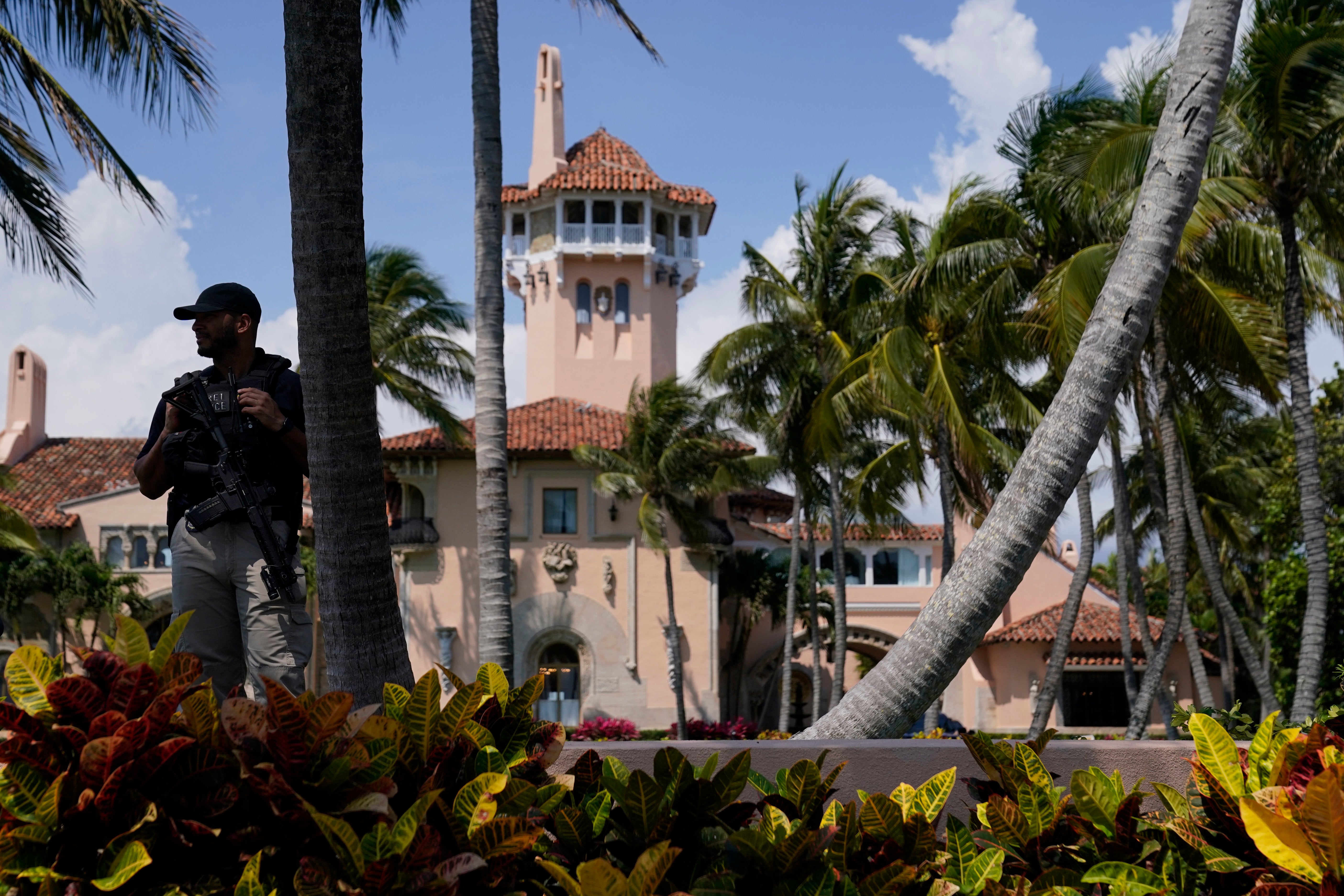Prosecutors in classified files case say Trump team's version of events 'inaccurate and distorted'
Prosecutors in the classified documents case against former President Donald Trump have told a judge that defense lawyers had painted an “inaccurate and distorted picture of events” and had unfairly sought to “cast a cloud of suspicion” over government officials who were simply trying to do their jobs

Prosecutors in the classified documents case against former President Donald Trump told a judge Friday that defense lawyers had painted an “inaccurate and distorted picture of events” and had unfairly sought to “cast a cloud of suspicion” over government officials who were simply trying to do their jobs.
The comments came in a court filing aimed at urging a judge to reject a Trump team request from last month that sought to force prosecutors to turn over a trove of information that defense lawyers believe is relevant to the case.
But special counsel Jack Smith's team said the defense was creating a false narrative about how the investigation began and was trying to “cast a cloud of suspicion over responsible actions by government officials diligently doing their jobs.”
“The defendants’ insinuations have scant factual or legal relevance to their discovery requests, but they should not stand uncorrected,” the prosecution motion states.
“Put simply," the prosecutors added, "the Government here confronted an extraordinary situation: a former President engaging in calculated and persistent obstruction of the collection of Presidential records, which, as a matter of law, belong to the United States for the benefit of history and posterity, and, as a matter of fact, here included a trove of highly classified documents containing some of the nation’s most sensitive information. The law required that those documents be collected.”
Trump faces dozens of felony counts in federal court in Florida accusing him of illegally hoarding classified documents at his Mar-a-Lago estate and obstructing government efforts to retrieve them. The case is currently set for trial on May 20, but that date could be pushed back.
In their response, prosecutors said many of the defense lawyers' requests were so general and vague as to be indecipherable. In other instances, they said, they had already provided extensive information to the defense.
Trump's lawyers, for example, argued that prosecutors should be forced to disclose all information related to what they have previously described as “temporary secure locations” at Mar-a-Lago and other Trump properties. They suggested that that information would refute allegations that Mar-a-Lago was not secure and would show that the Secret Service had taken steps to secure the residences.
Prosecutors said they had “already produced thorough information about the use of secure facilities at Trump’s residential locations and steps the Secret Service took to protect Trump and his family.”
But they also suggested that the records that were turned over didn't necessarily help Trump's defense, citing testimony from “multiple Secret Service agents stating that they were unaware that classified documents were being stored at Mar-a-Lago, and would not be responsible for safeguarding such documents in any event.”
In addition, prosecutors say, of the roughly 48,000 known visitors to Mar-a-Lago between January 2021 and May 2022, only 2,200 had their names checked and only 2,900 passed through magnetometers.
Trump’s lawyers had also referenced what they said was an Energy Department action in June, after the charges were filed, to “retroactively terminate” a security clearance for the former president.
They demanded more information about that, saying evidence of a post-presidential possession of a security clearance was relevant for potential arguments of “good-faith and non-criminal states of mind relating to possession of classified materials.”
Prosecutors said that the clearance in question ended when his term in office ended, even though a government database was belatedly updated to reflect that.
“But even if Trump’s Q clearance had remained active,” prosecutors said, “that fact would not give him the right to take any documents containing information subject to the clearance to his home and store it in his basement or anywhere else at Mar-a-Lago.”
Bookmark popover
Removed from bookmarks